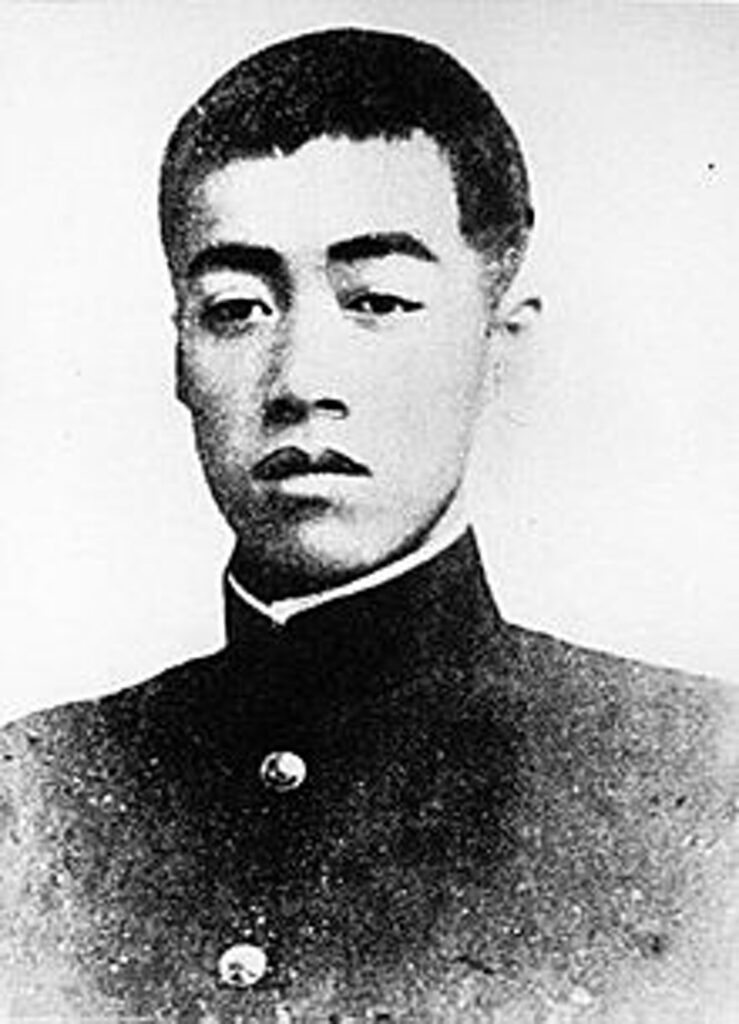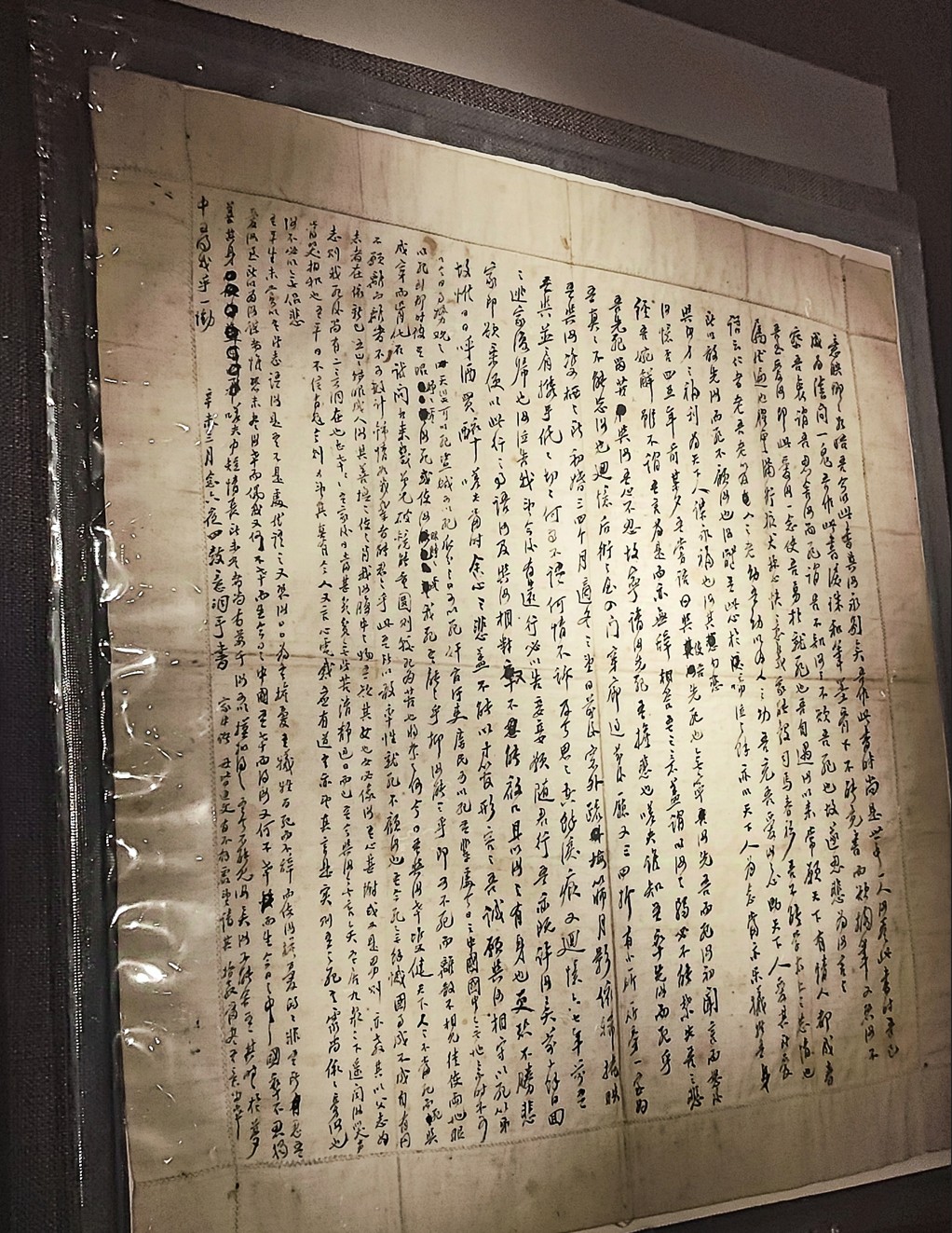

In 1902, he was admitted to the liberal arts department of the Fujian University in Fuzhou; in 1905, the 18-year-old Lin Juemin returned to his hometown and married Chen Yuankai (Zi Taoan, a juren in the Jichou year of the Guangxu period – 1889, awarded the fourth-rank flower feather, and was the deputy magistrate of Guangdong. He married Chen Yiying, the daughter of the 1911 Revolution (whose name was Chen Yiying). The couple had an eldest son, Lin Yixin (also known as Boxin, who died at the age of 9), and a second son, Lin Zhongxin, who were later raised by their grandfather, Lin Xiaoying. In order to comfort Chen Yiying, who lost her husband at a young age, the Lin family arranged for Lin Juemin’s elder brother Lin Yuanlin (1881-November 1956, “lin” is a variant of “lin”) and the second daughter Lin Nuansu (November 1908- December 2001) was adopted as a daughter.
He graduated in 1907 and was admitted to the Faculty of Arts of Keio University in Japan to study philosophy. He later joined the Tongmenghui. In 1911, he was informed by Huang Xing and Zhao Sheng to return to China to participate in the Huanghuagang Uprising of the Tongmenghui. On April 27, he led the attack on the Governor’s Gate with Fang Shengdong and others. He was injured and arrested, and died calmly. His body was later buried in Huanghuagang, Guangzhou, and he was one of the 72 martyrs of Huanghuagang.
Before joining the uprising, he left a famous “Farewell Letter” to his wife Chen Yiying[9]. The National Compilation and Translation Bureau of Taiwan, mainland China, Hong Kong, and independent Chinese schools in Malaysia have all included “Letter to My Wife” as a middle school textbook, as well as Li Jianfu’s song “Yi Ying Qing Qing” and Chyi Yu’s song “Jue (Sent to Lin Juemin from a Distance)”.
However, Lin’s wife gave birth to a posthumous child prematurely because of her husband’s martyrdom, and died of depression two years later.
No one cared about Lin Juemin’s family, and they starved to death.
